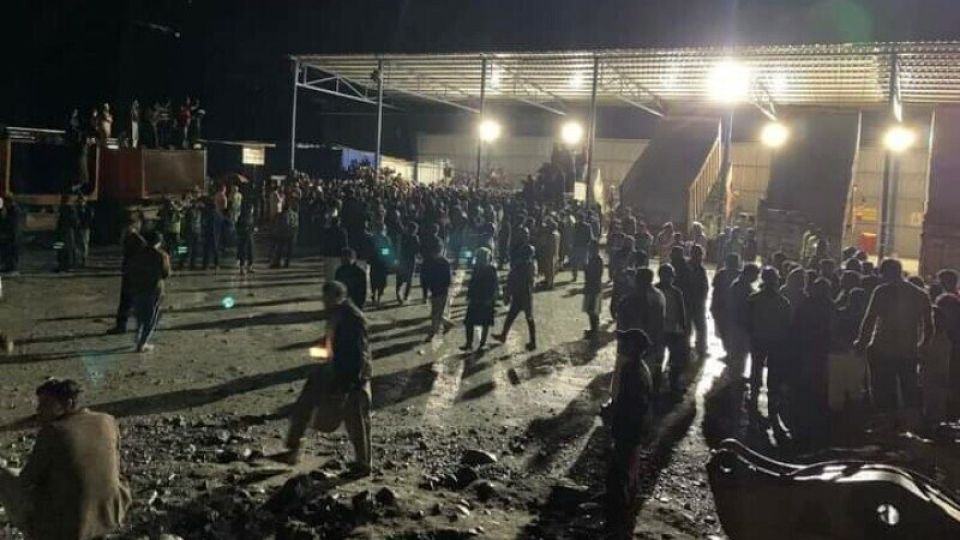April 18, 2023
ISLAMABAD – A Chinese national, arrested on charges of blasphemy, was shifted from Upper Kohistan to Abbottabad in a Pakistan Army helicopter on Monday afternoon over safety fears, Komila Station House Officer (SHO) Naseeruddin said.
The accused, who works at the Dasu Hydropower Project, was taken into custody by the Komila police on Sunday night after labourers at the site accused him of blasphemy.
SHO Naseeruddin, while confirming the arrest, said that a first information report (FIR) had been registered against the Chinese national at the Komila police station.
The complaint, a copy of which is available with Dawn.com, invokes Section 295-C [use of derogatory remarks, etc., in respect of the Holy Prophet (Peace be Upon Him)] of the Pakistan Penal Code. It was registered on the complaint of Gulistan and Yasir — both of whom are heavy vehicle drivers.
The complaint said that on Sunday night police official Jehanzeb was informed about a mob trying to break into a Chinese camp near Barseen.
It stated that locals had staged a protest and damaged the camp’s site number 6.
“After receiving the information, a police party reached the site, took control of the area and safely shifted the accused to the Komila police station,” the complaint said.
However, it stated that in the early hours of Monday, a large number of people reached Komila and once again blocked the Karakoram Highway. They also shouted slogans.
The protesters opened the Karakoram Highway for traffic after the police assured them of the registration of the FIR. Local religious leaders also urged the demonstrators to call off the protest.
Later in the day, Naseeruddin told Dawn.com that the accused had been moved to Abbottabad via an army helicopter as police feared locals could harm him.
He added that Section 7 of the Anti-Terrorism Act had been included in the FIR, adding that the Chinese national would be presented before a court in Abbottabad.
89 killed over blasphemy allegations since 1947
In February 2022, a middle-aged man was stoned to death by a mob over the alleged desecration of the Holy Quran in a remote village of Khanewal district.
The killing had come on the heels of an identical incident in Sialkot, where a Sri Lankan engineer was lynched by factory workers on Dec 3, 2021, on blasphemy charges.
In January 2022, the Centre for Research and Security Studies (CRSS) in a report stated that as many as 89 citizens were killed in 1,415 accusations and cases of blasphemy in the country since independence. The report said that from 1947 to 2021, 18 women and 71 men were extra-judicially killed over blasphemy accusations. The allegations were made against 107 women and 1,308 men.
Out of the total, 1,287 citizens were accused of committing blasphemy from 2011- 21. “The actual number is believed to be higher because not all blasphemy cases get reported in the press,” the report had said, adding more than 70 per cent of the accused were reported from Punjab.
The report had said misuse of blasphemy laws is often described by courts as an unlawful act. It had said the Islamabad High Court had previously suggested to the legislature to amend the existing laws to give equal punishment to those who level false blasphemy accusations.
The report had said the origin of the blasphemy laws dated back to the British era when these were promulgated in 1860.
Initially, four blasphemy laws — section 295, 296, 297 and 298 of the Indian Penal Code (IPC) — were introduced and in 1927 section 295 was supplemented by 295-A after the case of Ilmuddin, a Muslim carpenter, who killed Mahashe Rajpal for publishing a blasphemous book.


